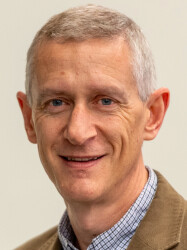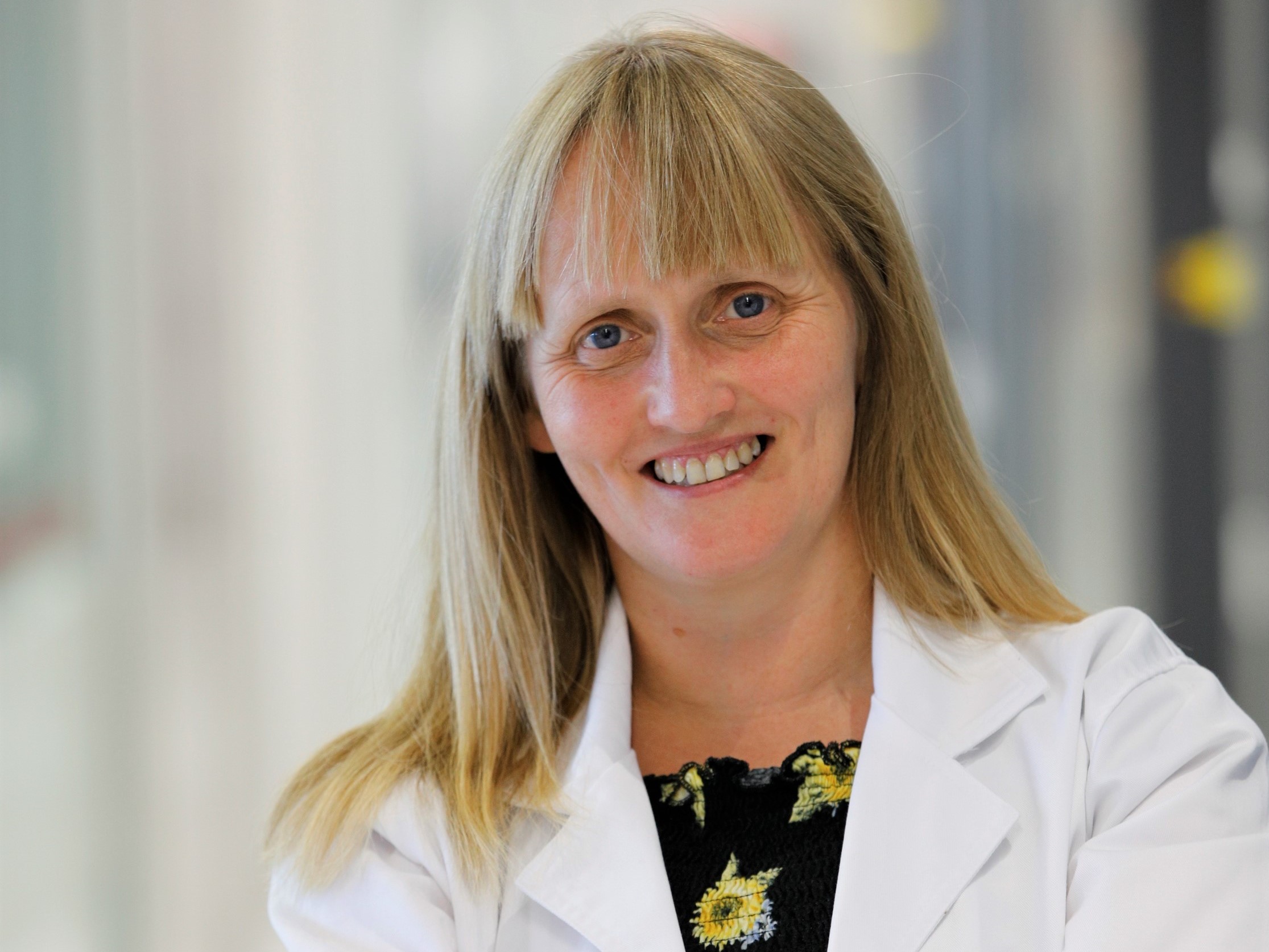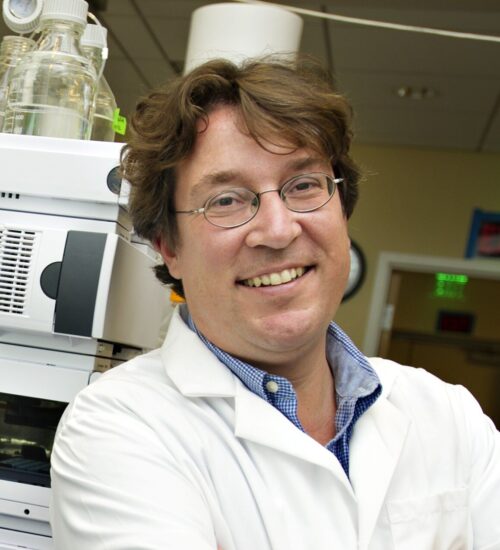Honorary Fellows Of The Metabolomics Society
An Honorary Fellowship is a significant lifetime award granted by the Society to exceptional members of our community. Commissioned in 2012, and with up to two awards each year, the Board of Directors is pleased to recognize the following outstanding scientists.
- The deadline to submit a nomination is February 25, 2026.
- Nominees will be required to meet one of the following criteria: (1) recognized as making outstanding contributions to the Metabolomics Society over a sustained period of time; (2) recognized as making a pioneering and sustained contribution to the science of metabolomics at an international level, within the fields of technology development, computational biology or application to a specific discipline.
- Nominations received after the deadline will not be considered for appointment for that year but may be held over for the following year.
- Any full Member of the Society may nominate a person for consideration as an Honorary Fellow; the nominee does not need to be a member.
- Nominations should be submitted online here.
- The nomination must include the following documentation:
- details of why this nominee should be considered (500 words or less);
- explicit mention of the specific contribution (50 words or less, suitable for the election notice on website and plaque);
- support from at least 2 additional Members in good standing (not student members) and from different institutions (name, email, affiliation);
- a detailed CV for the nominee, including publications.
- The Board will confirm the nominee’s willingness to accept the recognition, which will be announced at the Metabolomics Society’s annual conference.
Honorary Fellows
Professor Marta Cascante has developed pioneering methods for dynamic metabolic flux analysis, its application to identify novel metabolic drug targets and to disease subtyping. She has shown outstanding commitment to the training of young scientists in metabolomics.
Jessica Lasky-Su is a world leader in metabolomic epidemiology and integrative metabolomics and has shown active leadership to the metabolomics community through roles as past President of the Metabolomics Society and Chairperson of the COMETS consortium.
Clary’s highly interdisciplinary research is having immense impact in metabolomics. He applies liquid chromatography-mass spectrometry to characterize lipid mediators and has been identifying signatures and predictors of human disease indicators and development.
Steffen is an open-source advocate for metabolomics and has established highly popular computational analyses, as well as initiating the CASMI contest. He has shown dedication to the Metabolomics Society as a BoD member from 2014-18 and founded three scientific task groups.
Pieter has played a major role in developing new MS and informatics for the scientific community to link health and disease phenotypes to the underlying biochemistry and genetics, with an emphasis on molecules from microbes and the chemical environments of microbiomes. Pieter’s foundation of GNPS is truly inspiring and he has developed tools that translate the chemical language between cells.
Jules’ work has immense impact in metabolomics within the metabolic syndrome and how nutrition plays a major role in human health. He has shown continuous leadership and dedication to the Metabolomics Society and the broader community through his commitment to metabolomics standards, to task groups and committees of the society, and most of all his leadership as President of the Metabolomics Society.
Lorraine played a key role in establishing the field of nutritional metabolomics, through the identification of dietary biomarkers and the implementation of dietary interventions, moving the field toward personalized nutrition. Lorraine chaired the 2016 Society annual meeting and has made significant contributions to the Society through workshops, task groups, lectures, and publications.
David’s impact on the field of metabolomics extends to many domains, including pioneering work to promote best practices for statistical rigour, experimental design, quality control, and clinical metabolomics methodology. His many Society contributions include participation in task groups, workshops, publications, lectures, and serving on the Board of Directors.
Dr. Timothy Ebbels, in recognition of his founding work in metabolomics, particularly the essential work in NMR data processing and more recently his contribution and promotion of open science by providing open source code. As a former director of the society, he was instrumental in the society’s development and training of investigators within the community.
Professor Ian Wilson, in recognition of his innovative work in metabolomic analysis, especially in promoting the adoption of HPLC-MS and UPLC-MS-based methodology, and more recently LC-ion mobility-MS, for untargeted metabolic phenotyping. Particularly noteworthy is his work to improve standards and data quality via the introduction of pooled samples for use in quality control.
Prof. Warwick Dunn, in recognition of his active and continuous leadership and dedication to the Metabolomics Society and the broader metabolomics community through his commitment to annual conferences, task groups and committees of the Society. His drive to develop and translate reporting standards for metabolite identification is highly admirable.
Prof. Gary Siuzdak, in recognition of his pioneering role in the development of the field of metabolomics by creating critical enabling technologies, applying them to address important scientific questions, and expanding the field through his outreach, training, and mentorship.
Eiichiro Fukusaki, in recognition of his pioneering work in the field of food metabolomics and developing powerful analytical methods that have enabled the expansion of metabolomics in many different research areas. His strong passion and efforts to promote the metabolomics field resulted in further growth of the field in Asia.
Krista Zanetti, in recognition of her dedication and leadership that have enabled the success of important initiatives within the Metabolomics Society and the broader metabolomics community. Her skilled diplomacy has helped unify and steady the development of the metabolomics community during a period of rapid growth. She deserves particular credit for her mentorship of the EMN.
Elaine Holmes, in recognition of pioneering the use of multivariate statistics for the analysis of spectroscopic data acquired for metabolites, enabling the field of metabolomics/metabonomics to advance in a wide range of disease and therapeutic areas, and being instrumental in applying this approach to the first metabolome/genome-wide association studies.
Kazuki Saito, in recognition of his high-profile scientific contributions to plant metabolomics, pioneering the integrated study of metabolomics and transcriptomics, and early service in organizing the metabolomics community. He was a member of Metabolomics Society Board of Directors from 2010-2014, and hosted 5th International Conference of Plant Metabolomics in Yokohama in 2008.
Ute Roessner, in recognition of her pioneering work to the field of plant metabolomics and positioning Australia at the forefront of plant mass spectral imaging globally. She has also made a significant contribution to the Metabolomics Society, as a member, director, secretary, president, immediate past president and co-founder the Australia New Zealand Metabolomics Network (ANZMN), which was the first international affiliate to the Metabolomics Society in 2013.
Masaru Tomita, in recognition of his outstanding contributions in establishing the Metabolomics Society as one of the original board members, host of the first International Conference in Tsuruoka in 2005, and co-organizer of the 10th International Conference in Tsuruoka in 2014. He is one of the strongest proponents of CE-MS approaches and has a sustained record of academic contributions to metabolomics internationally.
Prof. Roy Goodacre, in recognition of his pioneering work in establishing the Metabolomics Society (Director 2005-2015) and establishment of the journal Metabolomics (2005) as the premier journal in the field. His sustained record of academic contributions and service as a goodwill ambassador for the area of metabolomics has materially advanced the role of metabolomics in the scientific community.
Prof. Matej Orešič, in recognition of his groundbreaking development of metabolomics data processing tools and powerful analytical methods that have enabled systems-level investigations of processes that lead to obesity and diabetes, with a specific focus on type 1 diabetes.
Prof. Robert Hall, in recognition of his role as a founding pioneer and continuous champion for the use of Metabolomics as a powerful tool to better understand plant biochemistry, and as an acclaimed leader and servant to the Metabolomics community.
Prof. Mark Viant, in recognition of his pioneering work in driving forward metabolomics developments in environmental studies and for his role in sustained efforts over many years of service to the Metabolomics Society. His vision and initiative revolutionized the Society’s operations, interactions and reputation, and expanded the influence of the Society in all corners of the world.
Prof. Oliver Fiehn, in recognition of his role as an advocate and a powerful intellect in establishing the utility of mass spectrometry-based metabolomics for more than a decade, resulting in groundbreaking plant and medical studies.
Prof. David Wishart, in recognition of his successful establishment of numerous internationally recognized metabolomics databases and informatics resources that have enabled the advancement of human health, disease, and nutritional metabolomics.
Prof. Lloyd Sumner, in recognition of his outstanding contributions to establishing the Metabolomics Society as a truly international and financially sound organisation as both Treasurer and President, and for his seminal research contributions to the field of plant metabolomics.
Prof. Douglas Kell, in recognition of his pioneering contributions to the fields of metabolomics and Systems Biology, as well as for being a passionate advocator and teacher in these fields.
Dr. Rima Kaddurah-Daouk, in recognition of her outstanding visionary efforts to found the Society in 2004 and her fantastic contributions and energy to grow a vibrant research community in metabolomics.
Prof. Jeremy Nicholson, in recognition of his pioneering and sustained contributions to the fields of toxicological and clinical metabonomics.
















































